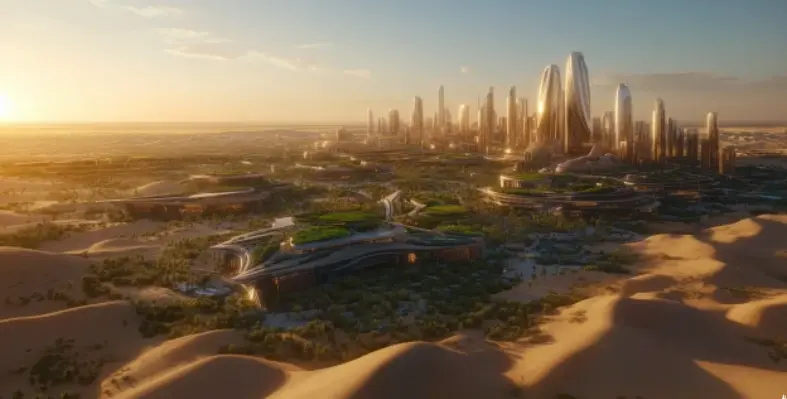Investing in energy-efficient buildings could yield enormous economic benefits for countries across the MENA, according to new research from the BUILD_ME initiative.
The analysis, which focused on Egypt, Jordan, and Lebanon, found that for every €1 spent on energy efficiency today, governments and consumers could see returns of up to €7 in the future.
The study identified 14 distinct co-benefits linked to energy-efficient buildings, including reduced energy bills, improved public health, job creation, and lower emissions.
Using just five indicators like energy cost reductions, healthcare savings, improved indoor comfort, lower public subsidies, and employment growth, the analysis projected significant macroeconomic gains.
Egypt stands to benefit most from investing in energy-efficient construction, with potential savings exceeding €18 billion.
These gains would stem from reduced electricity consumption, fewer pollution-related health issues, and greater productivity among workers.
Lebanon’s projected savings are even higher, at around €23 billion, driven largely by cutting energy bills in residential buildings, lowering emissions, and decreasing reliance on diesel generators.
Jordan, while showing more modest figures, could still save approximately €2.5 billion by reducing electricity demand and improving air quality in buildings.
“Egypt, Jordan, and Lebanon offer a snapshot of a much larger trend unfolding across MENA,” according to Donatas Karčiauskas, CEO of Exergio, a company developing AI-powered tools for optimising energy use in commercial buildings.
“We see similar dynamics in Oman and other Gulf countries, where extreme temperatures, growing cities, and strained energy systems are forcing to rethink how buildings are designed, renovated, and managed.”
This growing focus on energy efficiency in the region is not just an environmental imperative, but also a strategic response to rising energy demand, extreme temperatures, and the mounting climate crisis, according to Karčiauskas.
Governments across the Middle East and North Africa are now backing these efforts with new policies that promote greener, more sustainable construction.
In Egypt, revised energy efficiency standards for common household appliances such as air conditioners and televisions came into effect in January 2024, signalling a shift toward stricter regulation.
Jordan has launched its Third National Energy Efficiency Action Plan (2024–2026), building on previous efforts to reduce consumption across multiple sectors.
Lebanon, meanwhile, has introduced the Lebanon Green Building Council, which plays a key role in promoting sustainable building practices.
The urgency of this shift is clear. Buildings in Egypt, Jordan, and Lebanon are among the largest consumers of energy and contributors to carbon emissions, accounting for between 20% and 35% of each country’s total CO₂ output.
In addition, poor air quality stemming from inefficient housing continues to impose a heavy financial and health burden, costing governments and citizens billions every year.
But the opportunity is equally substantial. If just 30% to 50% of new residential and commercial complexes were constructed according to energy-efficient standards, the region could cut more than 80 million tonnes of CO₂ emissions, save upwards of €20 billion in energy costs, and generate close to 200,000 jobs over the next 20 years.
“The projected numbers mean that we need to scale energy-efficient construction rapidly and strategically. Prioritising digital retrofits can unlock immediate energy savings at lower costs, while targeted deep renovations should focus on the highest-impact buildings. For MENA, a hybrid approach will be needed, but eventually, all buildings will have to optimise energy using AI tools due to the amount of data,” said Karčiauskas.
One real-world example of how AI-driven solutions can accelerate energy efficiency comes from Exergio’s work with the Ozas shopping centre in Lithuania.
By analysing the building management system and integrating real-time HVAC controls with machine learning capabilities, Exergio was able to optimise the centre’s energy use. The result: a 29% drop in electricity consumption and a 36% reduction in heating demand, translating into nearly €1 million in cost savings.
According to Karčiauskas, this kind of outcome is only the beginning.
"In MENA countries – where high temperatures, year-round cooling needs, and energy subsidies shape the market – the potential is even greater. Faster payback periods, higher baseline consumption, and a growing push for smart solutions make this region one of the most promising places for large-scale energy efficiency gains," said Karčiauskas.








